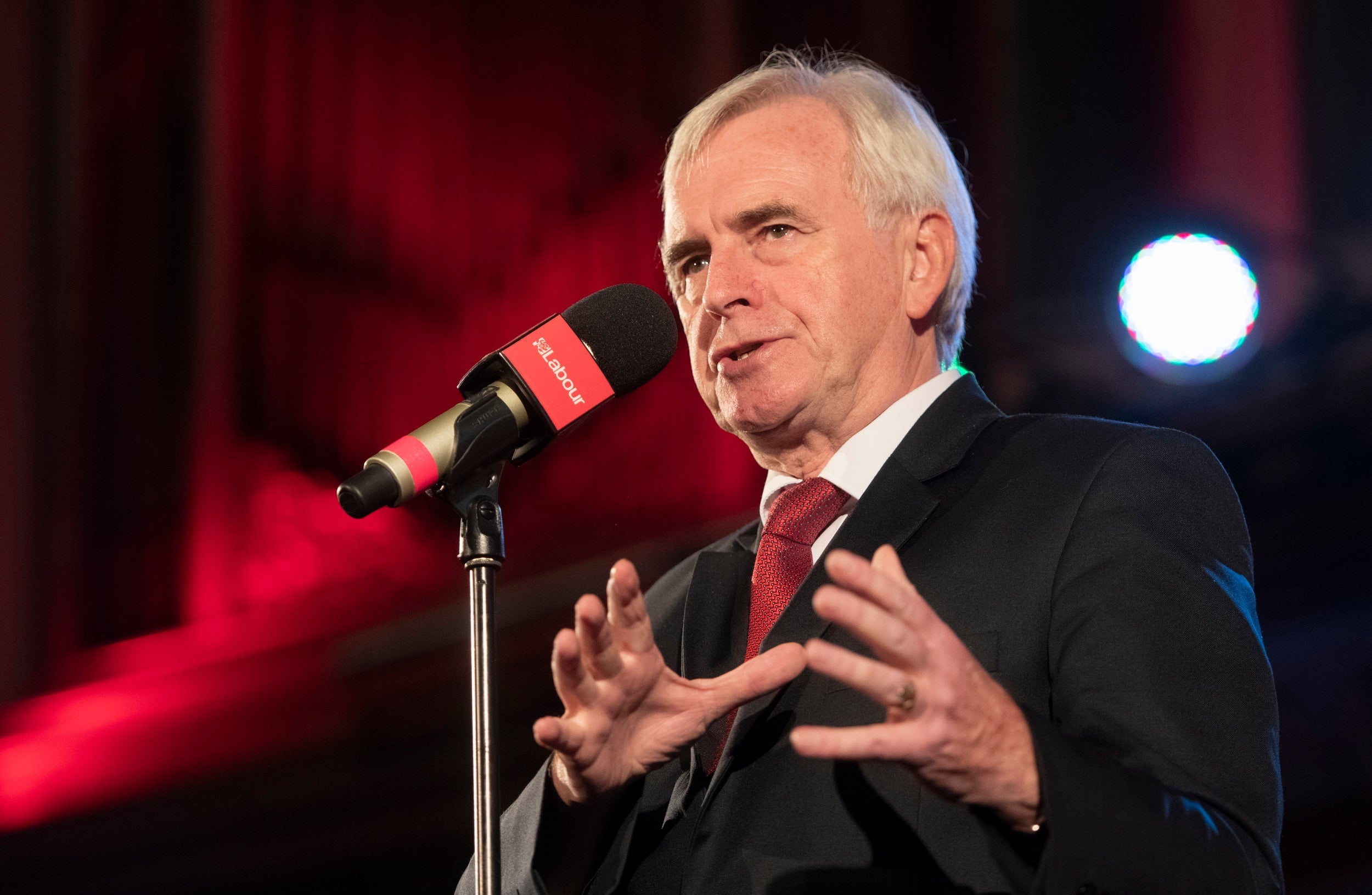End of austerity: Tory and Labour plans for billions of extra investment welcomed by businesses
Economists and business groups welcome end of austerity as parties lay out major shift in policy after years of cuts

Business groups and economists welcomed the end of austerity as both major parties laid out plans to dramatically ramp up spending, signalling a major shift in policy on Thursday.
But chancellor Sajid Javid was also accused of picking fruit from the "magic money tree” which his party has repeatedly invoked to mock Labour’s spending plans.
Nick Macpherson, the former permanent secretary to the Treasury, labelled both Conservative and Labour’s proposals as “incontinent”.
Mr Javid ripped up the government’s own restrictive spending rules, pledging to borrow to invest in infrastructure. The British Chamber of Commerce said it had been calling for such a change for “many years”.
The BCC called on ministers to raise their sights even higher to end the UK’s “dismal” rate of investment in long-term infrastructure.
Top 10 marginal seats to watch at the general election
Show all 10Whichever party leads the new government, public investment is set to return to levels not seen since the 1970s, but there are differences in approach between the two.
Labour’s plans for £400bn of new infrastructure were labelled “especially ambitious” by the non-partisan Institute for Fiscal Studies (IFS).
That would take the UK from being near the bottom internationally for government investment, to the top.
“The key challenge for a government seeking to deliver investment on this scale – particularly in a short timeframe – will be finding worthwhile and viable projects in which to invest,” said Ben Zaranko, research economist at the IFS.
“Shortages in the number of suitably skilled construction workers, a dearth of ‘shovel-ready’ projects, and practical issues relating to delivery will be challenges the next government will need to think carefully about how to overcome.”
The Resolution Foundation hailed the shift from a debate narrowly focused on reducing the nation’s debt to one that takes in a more expansive view of spending and long-term investment.
“With the low cost of borrowing, austerity Britain is going to turn into hard-hat Britain whoever wins the next election,” said James Smith, research director at the Resolution Foundation.
“This shifts the focus to ensuring that investment delivers real returns not just higher debt.”
Henri Murison, director of the Northern Powerhouse Partnership said Mr Javid’s plan for an extra £20bn of infrastructure annually was a welcome intervention and would make a large expansion of railways in the North of England viable.
“These are the right priorities, and all parties in their manifestos will need to show the fiscal credibility of their plans in order for anyone here in the North, business or individuals, to take them seriously," Mr Murison said.
Others were less enamoured with the new policy direction.
An editorial in former chancellor George Osborne’s Evening Standard said: “In a previous age, the Tories would make hay with the Labour magic money tree. But this Conservative leadership is also picking the fruit from its branches.
“Boris Johnson’s attitude to the public finances is simple: I’m in charge, and if I don’t spend it someone else will.
“No 10 wants to make billions of pounds worth of commitments on spending and tax cuts during this campaign.”
Free market think tank the Institute for Economic Affairs accused both parties of "abandoning fiscal restraint”.
It said: “In order to make the most of the opportunities that lie ahead, politicians should be focusing on allowing taxpayers to keep more of their wages, enabling more consumer choice and reducing inefficiencies in order to save money and improve services, instead of bribing tax payers with their own money in a bid to win votes.”
Subscribe to Independent Premium to bookmark this article
Want to bookmark your favourite articles and stories to read or reference later? Start your Independent Premium subscription today.

Join our commenting forum
Join thought-provoking conversations, follow other Independent readers and see their replies